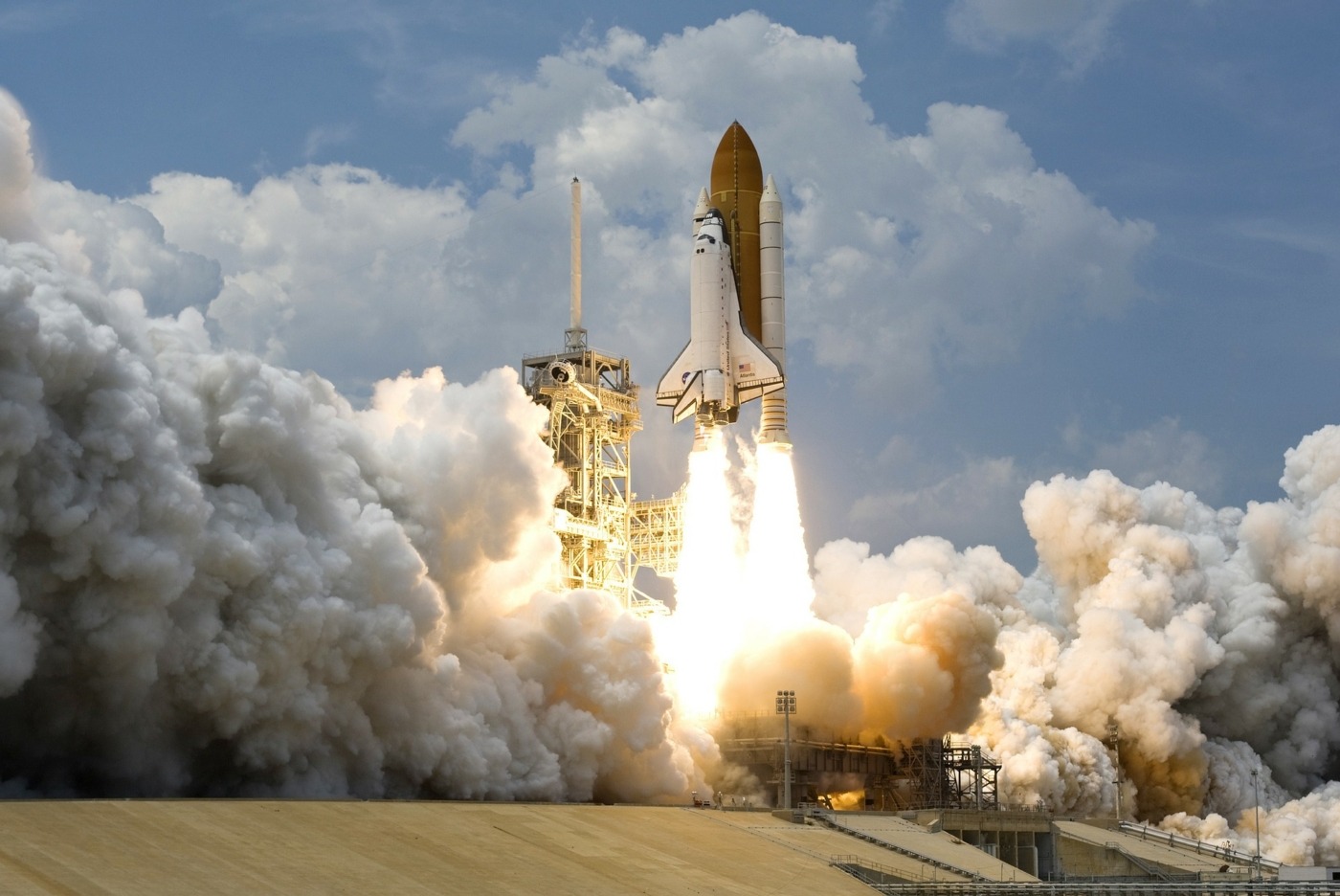What happened to the billionaire space race?
Last year, a number of billionaires entered the modern space race, competing with each other to be the first to reach space with civilian passengers. Elon Musk’s SpaceX set a record of 31 launches, and both Virgin Galactic and Amazon went to the edge of space in the middle of the year. Richard Branson, shortly after his flight, said: “Welcome to the dawn of a new space age.” However, now the race is through, much of the buzz and media coverage has died down, despite these companies still working hard on space exploration. So what is the current state of the billionaire space race, and what advances can we look forward to as their companies continue to look to the stars?
There is growing public backlash to these billionaire space journeys
Although we saw a huge amount of unprecedented scientific work last year (such as preparation for the James Webb Space Telescope launch), 2021 was the biggest year yet for commercial space tourism and exploration. Virgin Galactic took six passengers for a 90-minute trip about 50 miles into the atmosphere in July, and Blue Origin and Amazon founder Jeff Bezos flew out on a 10-minute tour 10 days later. In September, Musk launched a four-person civilian crew into Earth’s orbit for a three-day journey. Space tourism looks to be a growing commercial field, albeit one currently only accessible to the wealthy, and it’s likely that work will continue on testing flights – estimates suggest the market could be worth $2.58 billion in 2031.
However, there is growing public backlash to these billionaire space journeys on two major grounds – the perceived waste of money and the environment. According to a new study, the majority of the UK public thinks that billionaires “should focus their resources on problems facing Earth, like climate change, before space travel”, and there are similar US polls. It’s also the case that these rockets emit a variety of substances directly into the upper atmosphere, where they stay for up to three years, as well as producing warming gases closer to the ground. It’s true that research is looking at making these fuels less polluting, but there’s still a lot of pollution at a time when the climate crisis is a major story.
We’re undergoing a period of space exploration that could rival the 1960s, and billionaires are using their wealth to help shape the agenda
The space race is about more than just tourism, however. Earlier this month, SpaceX saw more competition from Amazon, this time in relation to the internet. Amazon is partnering with three companies to facilitate what it calls Project Kuiper, which will purportedly offer fast, low-cost internet access to underserved communities around the world. This would be direct competition to Starlink, Musk’s programme, although SpaceX has a significant lead here. It has more than 250,000 global subscribers and more than 1,900 satellites in orbit, and is currently using them to assist the people of Ukraine, a move that has seen widespread praise. By contrast, Amazon is yet to bring any satellites online, although it states its service will be quicker when it is up and running.
There is wider societal relevance to the space race too, not least the foregrounding of space in the public consciousness. In recent years, President Trump established the Space Force, and Russia and China are collaborating on lunar missions. European space agencies look to launch a rover to Mars, while South Korea (with the help of NASA) is sending its first mission to the Moon. We’re undergoing a period of space exploration that could rival the 1960s, and billionaires are using their wealth to help shape the agenda as to what we’ll do up there – they can operate with comparative freedom in relation to governments or government agencies. SpaceX and Blue Origin are both seriously talking about missions to take humans to the Moon and Mars, and colonising a new world would genuinely alter the trajectory of humanity.
Some of these advances are a while off (if they happen at all) – it’s incredibly unlikely that we’ll see widespread space tourism this decade, for example. But the billionaires are drawing our eyes to the skies, and their work is going to accelerate and shape our future interactions with space. Michelle Hanlon, co-director of the University of Mississippi’s Centre for Air and Space Law, said: “I’m actually thankful for the billionaires because they’re taking a long-term approach. They’re spending money on space that taxpayers wouldn’t want to spend.” Currently, it’s true that the space race feels like a bit of a folly for the rich, but the groundwork they lay now may make it accessible to everyone, and help change life on Earth in the process.


Comments